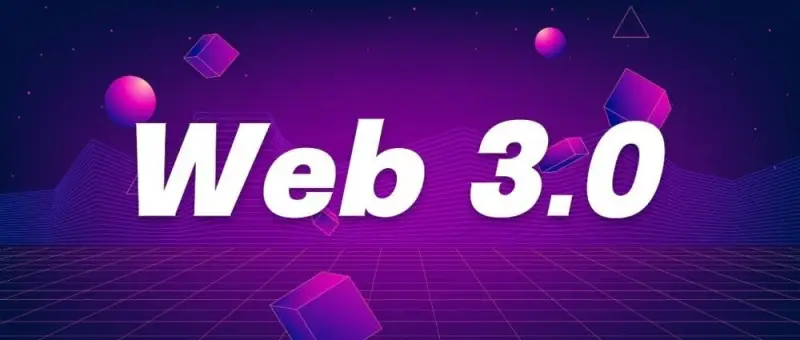
Country Day in English is called National Day. It is a significant holiday that celebrates the founding of a country and reflects its national pride and identity. In this article, we will explore the development, changes, and trends of National Day over the years.
National Day, also known as Independence Day or Founding Day, marks the establishment of a nation as an independent and sovereign state. It commemorates the day when a country gained autonomy, sovereignty, or independence from colonial rule, foreign occupation, or dictatorial regimes.
The concept of National Day can be traced back to ancient civilizations that celebrated important milestones in their history, such as the formation of a unified kingdom or the coronation of a king. In modern times, National Day has become a symbol of a nation's unity, progress, and patriotism.
Throughout history, National Day celebrations have evolved and adapted to the changing needs and aspirations of a nation. Initially, National Day was often marked by military parades, flag-raising ceremonies, and official speeches. However, as societies developed, these celebrations incorporated various cultural, artistic, and recreational activities to engage citizens and showcase the country's achievements.
In recent years, National Day celebrations have become more inclusive and participatory, involving citizens from all walks of life. Festivals, concerts, folk performances, and sports events are organized to foster a sense of community and encourage national unity. Moreover, technology and social media have played a significant role in amplifying the festivities, allowing people to connect, share messages of patriotism, and express their love for their country.
The trends surrounding National Day celebrations are influenced by both internal factors, such as political changes and societal developments, and external factors, including global events and cultural influences. These factors shape the way National Day is observed and celebrated.
With an increasingly interconnected world, nations have recognized the value of diversity and multiculturalism. National Day celebrations are evolving to reflect the ethnic, linguistic, and religious pluralism within a country. Efforts are made to include different cultural performances, traditional displays, and cuisine to showcase the rich tapestry of the nation's identity.
As environmental awareness grows, there is a shift towards hosting eco-friendly National Day celebrations. Governments and organizers are making efforts to reduce waste, promote energy conservation, and highlight sustainable practices during the festivities. This trend aims to raise awareness about the impact of human activities on the environment and encourages citizens to adopt more sustainable lifestyles.
The rise of digital technology has revolutionized how National Day is celebrated. In recent years, virtual events, online exhibitions, and interactive platforms have gained popularity. These digital initiatives allow people to participate in National Day celebrations from anywhere in the world, fostering a sense of belonging and inclusion among citizens living abroad.
National Day represents a country's independence, unity, and pride. Over the years, celebrations have evolved to embrace cultural diversity, sustainability, and digital innovation. As we look into the future, National Day will continue to be a powerful expression of a nation's identity and an opportunity to strengthen the bonds between its people.